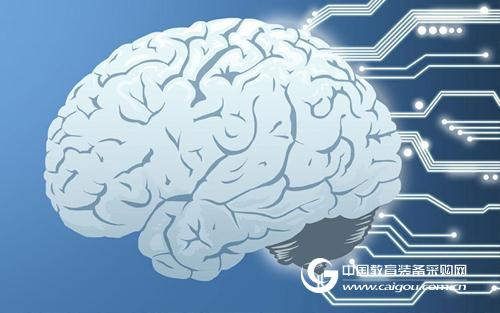Guide Nowadays, technology that integrates computers with the human brain to enhance or restore brain function in science fiction is gradually becoming a reality. In this context, a recent article published in Nature magazine, together with more than 20 doctors, ethicists, neuroscientists and computer scientists, called for the development of computer ethics in human applications. The fusion of artificial intelligence and brain-computer interfaces may soon allow blind people to restore vision, allowing paralyzed people to move their limbs and treat a range of brain and nervous system diseases. But a team of researchers led by Rafael Yuste, director of the Center for Neuroscience at Columbia University, a member of the Institute of Data Science, and Sara Goering, a bioethicist at the University of Washington, warned that this series of innovations would cause human trouble if there is no regulation. And they are the initiators of this appeal. Yuste said: "We just want to make sure that this exciting new technology that revolutionizes our lives is good for humanity." With the Brain Computer Interface (BCI) technology, scientists collect the EEG signals generated by the activity of the cerebral cortex and convert them into signals that can be recognized by computers through amplification and filtering. The corresponding actions of the animal or human can help the patient to reactivate and restore consciousness. Yuste et al. estimate that the profitable brain implant industry is now worth $100 million. According to President Obama’s brain plan, the US government has invested another 500 million dollars since 2013. As these investments have come to fruition, Yuste sees four major threats from this new technology: personal privacy, loss of identity and autonomy, and the potential for social inequality to expand – because businesses, governments, and hackers have gained access to Manipulating the extra power of the person. For privacy protection, Yuste et al. suggest that individuals can choose whether to share brain data on devices, just like organ donors, and strictly manage the sale and commercial use of personal data. For autonomy and identity protection, Yuste et al. proposed an international convention to define prohibited behaviors and inform people about the possible impact of these techniques on mood, personality, and self-awareness. Finally, in order to avoid brain enhancements that may be used for military competition, they suggested creating a special cultural committee to establish norms and regulations. Military use of brain technology should be regulated, just as the Geneva Protocol prohibits the use of biological and chemical weapons. Shanghai Chuangsai Technology has excellent performance, interleukin cytokines, fetal bovine serum, electrophoresis equipment scientific instruments, raw material drug standards, chemical reagents, cell culture consumables, Shanghai Chuangsai, mass products special promotions, welcome to inquire! Rechargeable Nose Hair Trimmer Rechargeable Nose Hair Trimmer,Nose Hair Trimmers For Men,Custom Nose Hair Trimmer,Adult Nose Hair Trimmer ZHEJIANG SHENGFA ELECTRIC APPLIAMNCES CO.,LTD , https://www.sfelectricappliances.com